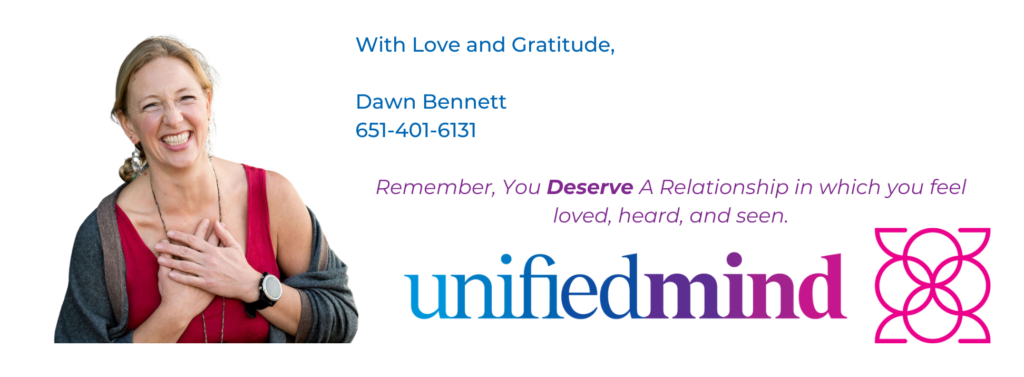What is The Difference Between Self-Hypnosis and Meditation?

Self-hypnosis and meditation are both practices that involve focused attention and relaxation techniques, but there are some differences between them.
Self-hypnosis is a form of hypnotherapy that is practiced individually. It involves inducing a trance-like state through self-suggestion, in which the individual becomes deeply relaxed and open to suggestion. The goal of self-hypnosis is often to help you achieve a specific goal or overcome a particular challenge, such as reducing stress or anxious feelings, improving self-confidence, or shifting a habit. Self-hypnosis often involves the use of guided visualizations or affirmations. You can learn it from a trained hypnotherapy instructor, like Dawn!
Meditation
Meditation, on the other hand, is a mindfulness practice that involves training the mind to focus on the present moment. It can help you develop a non-judgmental awareness of thoughts, feelings, and sensations. There are many different types of meditation, but they all involve cultivating a state of calm and clarity through various techniques. These include breath awareness, body scanning, or mantra repetition. The goal of meditation is often to cultivate a sense of inner peace, to reduce stress and anxiety, or to increase awareness and understanding of the self and the world.
In summary, while both self-hypnosis and meditation involve relaxation and focused attention, self-hypnosis is often used for specific goal-oriented purposes. Meditation is a more general mindfulness practice aimed at developing a deeper understanding of oneself and the world while also finding calm and peace.
Why Take A Self-Hypnosis Class?
There are several reasons:
1. Self-improvement: Self-hypnosis can be a powerful tool for personal development, helping you to overcome negative habits or thought patterns, improve self-esteem, reduce stress, achieve your goals, and enhance your relationship.
2. Anxiety and stress reduction: Learning to put yourself into a mild trance via hypnosis can be a very effective way to reduce anxiety and stress, promoting relaxation and reducing the negative effects of stress on the body and mind.
3. Pain management: Self-hypnosis has been shown to be effective in managing chronic pain, such as headaches, fibromyalgia, and arthritis, as well as acute pain, such as that associated with childbirth or surgery. Please check with your medical doctor first before doing self-hypnosis to make sure there are no underlying conditions that require care.
4. Better sleep: Self-hypnosis can be used to promote better sleep, helping you to fall asleep faster, stay asleep longer, and wake up feeling more rested. Did you know that 15 minutes of hypnosis can be equal to 1 hour of sleep?
5. Increased focus and concentration: Self-hypnosis can help improve focus and concentration, making it easier to study, work, or perform other tasks that require sustained attention.
Hypnosis and Self-Healing
Dawn is offering education in EFT Tapping and self-hypnosis, which can provide you with the knowledge and skills to practice effectively and safely. First, start with the membership and you will be on the list for our next self-hypnosis class. You will learn techniques for inducing a hypnotic state, developing effective self-suggestions, and using hypnosis to achieve your personal goals. Additionally, you will have a supportive environment for learning and practicing hypnosis, as well as the opportunity to ask questions and receive immediate feedback.
Email Dawn with questions. I’m here for you!
With love,
Dawn



